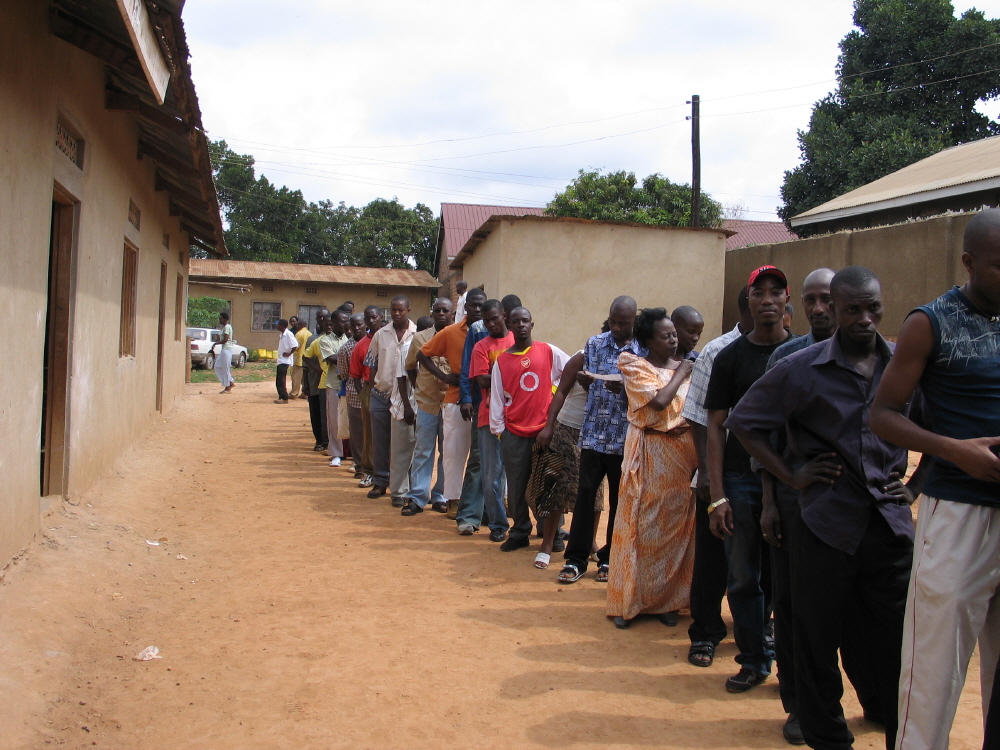“Profit and social responsibility can go hand in hand”
October 16 A traditional business person/entrepreneur usually measures performance in terms of profit and return, but Ariela St. Pierre-Collins, 15, a Commonwealth Correspondent from Barbados, says a social entrepreneur also measures success by positive returns to society.
A traditional business person/entrepreneur usually measures performance in terms of profit and return, but Ariela St. Pierre-Collins, 15, a Commonwealth Correspondent from Barbados, says a social entrepreneur also measures success by positive returns to society.
A groundbreaking entrepreneurship scheme has expanded my career options.
I had the opportunity to join the $20 Challenge, where young people were invited to start a small business with a $20 BB loan from the Barbados Entrepreneurship Foundation (BEF).
The BEF’s aim is for Barbados to become the “Number One Entrepreneurial Hub of the World” by 2020. To that end, the $20 Challenge introduces entrepreneurship as a legitimate career choice for young people. It’s a one month contest that really serves as a microcosm of what one would face in the business world.
My classmate and I joined forces for this entrepreneurial adventure. Starting a business on a shoestring was our first big challenge. Coming up with a unique product or service that people would purchase was the second hurdle.
We decided on the business idea of a breast cancer-centered charity product called ‘BoobieCakes’. As the name implies, BoobieCakes are basically breast-shaped cookies and cake bites, with 100 per cent of the profits going to breast cancer treatment.
We were one of the winning teams, and donated over $1031 BB to the charity.
Programs like the $20 Challenge provide an environment that allows young people to hatch and nurture innovative ideas. It’s a unique opportunity because entrepreneurship isn’t a traditional subject taught in schools.
The most important part of the $20 Challenge is that it engages the next generation of leaders, educators, business people, public servants and non-profit professionals. They learn that profit and social responsibility can go hand in hand.
Both of my parents are successful entrepreneurs, and although the idea of starting your own business comes naturally in our own household, the idea of social entrepreneurship is a more modern concept that is only now filtering into the business frame of mind.
A traditional business person/entrepreneur measures performance in terms of profit and return, but a social entrepreneur also measures positive returns to society. The main aim of social entrepreneurship is to broaden environmental, social, and cultural goals through profitable businesses.
A range of charities can benefit from social entrepreneurship. While our entire profit from the BoobieCakes business went to a breast cancer charity, another winning business called Bow Wow supported an animal rescue charity by donating the sizable profit from its line of dog biscuits. A win-win for both the business and society!
Before this competition, I’d used my entrepreneurial background to launch and operate some small businesses at Christmas time. I’d never really been that enthusiastic about them or business in general, and wanted to pursue a career in International Development.
Since I experienced the $20 Challenge, another avenue has been to shown to me and a spark has been lit. I now consider ‘Social Entrepreneurship’ as a viable career choice and certainly my new-found passion!
About me:
I am a Barbadian-Canadian and the founder of ‘Youth For Epic Change’, a charity aimed at raising funds for causes both locally and globally and inspiring teens in Barbados to be the catalyst for positive change. View my personal blog at www.unleashthepowerofone.tumblr.com.
…………………………………………………………………………………………………………………
Opinions expressed in this article are those of the author and do not necessarily represent the views of the Commonwealth Youth Programme. Articles are published in a spirit of dialogue, respect and understanding. If you disagree, why not submit a response?
To learn more about becoming a Commonwealth Correspondent please visit: http://www.yourcommonwealth.org/submit-articles/commonwealthcorrespondents/ …………………………………………………………………………………………………………………




